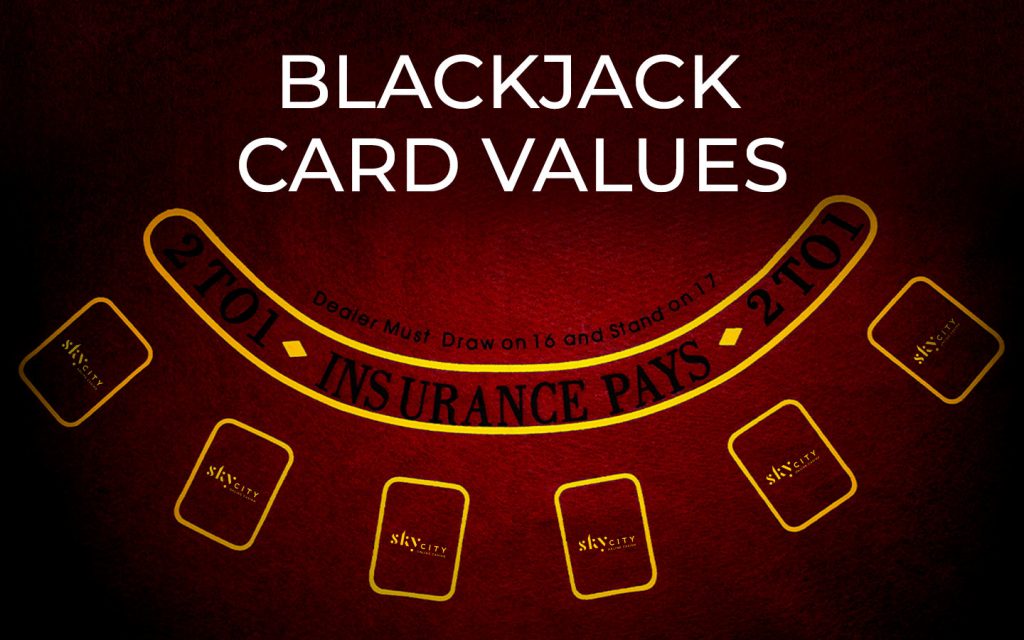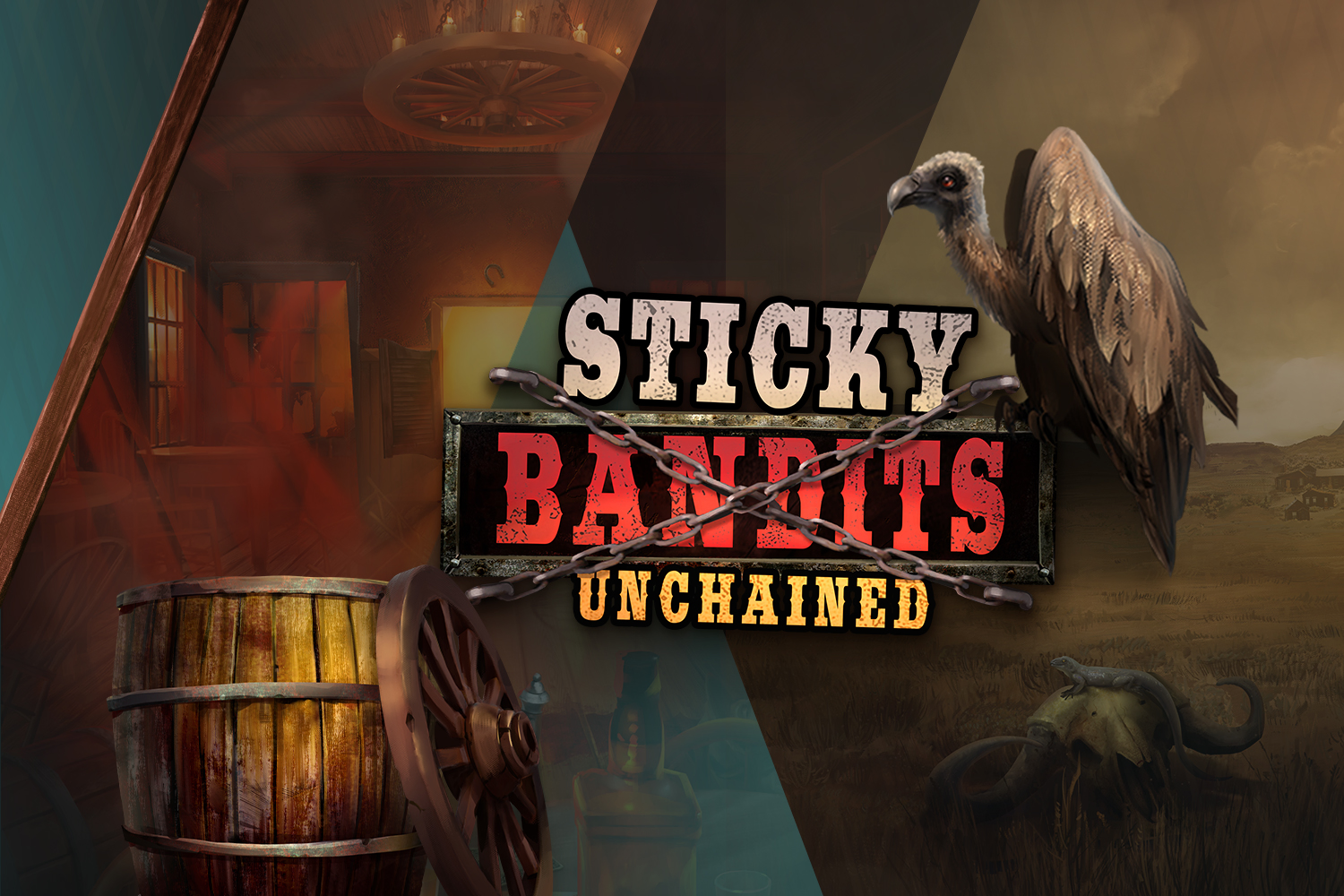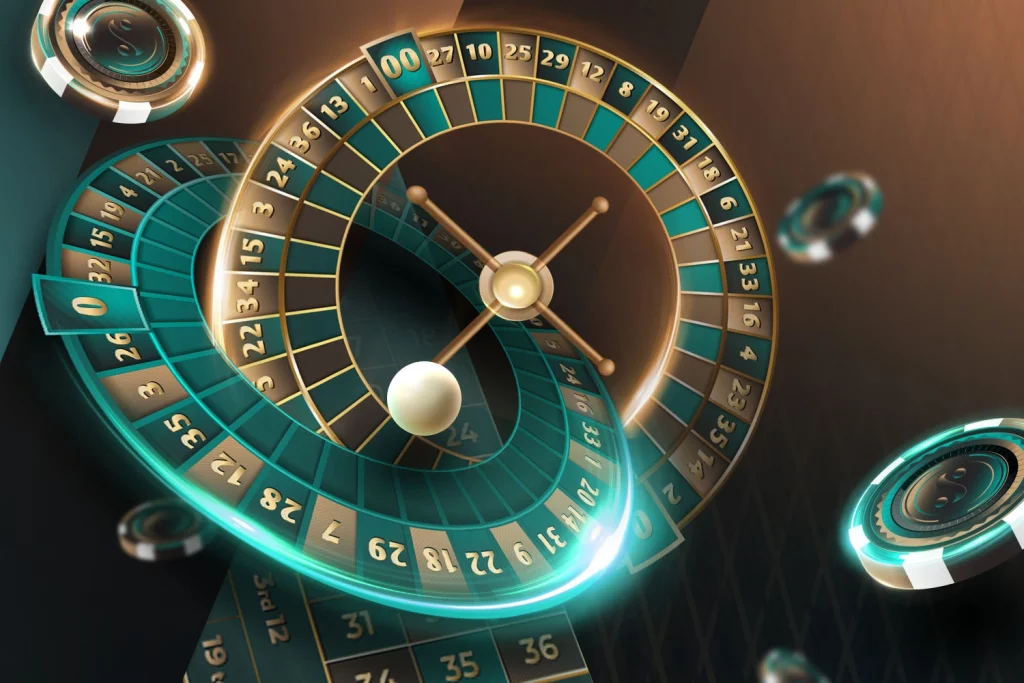Blackjack is all about understanding the values of the cards that you’re dealt (as well as those of the dealer and other players). The actual card suits aren’t important at all. Don’t worry too much about making quick additions in your head, computer software or your dealer will usually tell you what number you’re at.
What are the card values?
Once you learn these, you’re unlikely to ever forget them.
- The number cards (2, 3, 4, 5, 6, 7, 8, 9, 10) are played at face value (i.e. they’re worth exactly what they represent, a 2 means 2 and a 5 means 5).
- Kings, Queens, and Jacks are worth 10.
- Aces have a dual purpose and can be used either as 1 or 11.
What value should I assign to the Ace?
This will usually be an obvious decision for the player, since the goal is to always get Blackjack or as close as possible to 21 without busting.
You should always allow your Ace to carry the value of 11 unless it leaves you with a score of more than 21, in which case it will be assigned the value of 1. What this tells you is that the value of the Ace is usually determined by the cards themselves.
One thing to remember is that the first ace in the Dealer’s hand must count as 11 if this gives the Dealer a total of anything between 17 and 21. If this happens the Dealer must also stand.
How do I get a Natural Blackjack?
There are two goals in the game of Blackjack:
- Get a hand that adds up to as close to 21 as possible.
- Get a better hand than the dealer who is also trying to get to 21.
The best of all blackjack hand values to have is a ‘Natural Blackjack’. It will only happen when the first two cards dealt add up to 21. This means an Ace (carrying the value of 11) and a 10 card (any of the face cards or the number 10).
If a player is dealt this hand, then the hand is immediately compared with the dealer’s hand. Unless the dealer also has a natural blackjack, the player wins. This is considered the best hand of the game because it pays out one and a half times the amount of the bet.
It’s exceptionally frustrating if the dealer also has natural blackjack because this would result in a tie, also called a “push”, and the player’s original bet is returned – but no profit.
What are ‘soft’ and ‘hard’ hands?
This kind of terminology can seem confusing, but it’s actually quite straightforward. Soft and hard hands are really instrumental in showing you how the Ace card can really make all the difference to your hand.
Put simply, a soft hand is one that contains an Ace, and a hard hand is one that doesn’t. That’s because an Ace card can either be a 1 or an 11, leaving the player with a fair amount of liquidity based on the card the dealer holds.
For example, an Ace and an 8 card gives you a soft 19. But this hand could also carry a total value of 9. The Ace reduces your risk, and that’s what makes the hand ‘soft’.
With a ‘hard’ hand players have zero flexibility, and must make do with a rigid hand that cannot be changed. Two 5’s give you a 10 and there’s no other way to interpret it.





